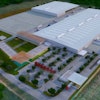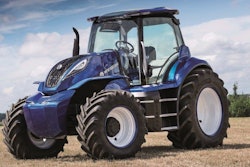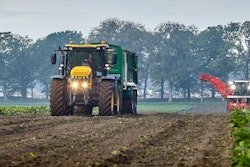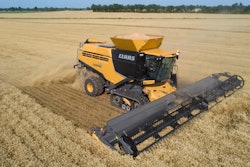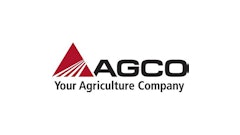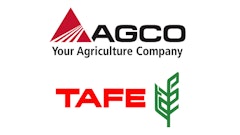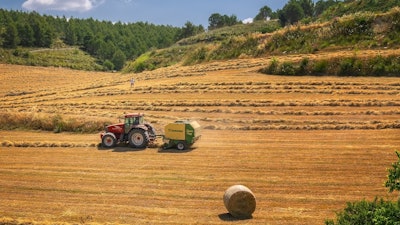
The "Tractor Market in Latin America - Industry Outlook and Forecast 2018-2023" report has been added to ResearchAndMarkets.com's offering.
The tractor market in Latin America is estimated to reach volumes of around 87,000 units by 2023, growing at a CAGR of over 4% during 2018-2023.
The favorable government policies and the growing demand for ethanol will drive tractor sales in the Latin American market. The rising demand for 40-200 hp tractors across the region will create lucrative opportunities for leading manufacturers in the Latin American market. The growing awareness among land owners about the potential agricultural mechanization will encourage large-scale farmers to adopt technology-driven farming methods in the region.
The growing trend of precision agriculture aided with the increasing penetration of the Internet and rise in the number of smartphones is propelling the demand for farm mechanization in the Latin American market. Leading IT and telecommunication providers such as Cisco are investing in the development of the Internet of Things (IoT) network in Argentina. Such investments will promote easy access for farmers to agricultural solutions and advanced technology that requires internet connectivity to operate, thereby accelerating the growth of the tractor market in Latin America.
The leading vendors are focusing on offering aftermarket services to increase the credibility of the product and increase brand loyalty among consumers to boost their revenues in the Latin American market. The farmers are leveraging smart technologies such as sensor technology, GPS, and climate satellites to understand the impact of climate change on crop production and promote sustainable practices in the region.
Tractor Market in Latin America - Dynamics
The growing focus on using alternative fuel-based machines will propel the growth of the tractor market in Latin America. The leading manufacturers are developing tractors with alternative fuels such as bio-diesel and electric or battery operated machines to attract new consumers and boost sales in the Latin American market. The introduction of products with alternative fuel sources will help vendors gain a larger market share and boost their revenues.
The increasing availability of machines that run on liquefied natural gas (LNG), compressed natural gas (CNG), propane, diesel, and kerosene will help in the development of the Latin American market. Bio-diesel tractors initially cost a lot of money but over a period of time require less maintenance, thereby making them more profitable than the traditional ones. The increasing investments in R&D and manufacturing of machines that operate on alternative fuels will revolutionize the tractor market in Latin America.
Key Vendor Analysis
The tractor market in Latin America witnesses the presence of several established players in various segments that includes open fields and horticulture. These companies are driving the demand and controlling the level of competition in the Latin American market. The leading vendors are focusing on offering superior aftermarket services to improve customer loyalty and increase their market share. The increase in farm consolidation is encouraging players to introduce higher horsepower tractors, especially in Brazil, to boost their revenues in the Latin American market.
Free trade policies will encourage international companies to invest in business expansion plans in the Latin American market. The increasing focus on the integration of production, machines, and agronomic data will encourage vendors to introduce technologically advanced agricultural solutions to sustain the competition in the tractor market in Latin America.
The major vendors in the Latin American market are:
- Deere & Company
- CNH Industrial
- AGCO
- Kubota
Other prominent vendors include: SDF, CLASS, Argo Tractors, LS Corporation, Mahindra & Mahindra, Agrale, Zetro, Sonalika Group, and Agrinar.


